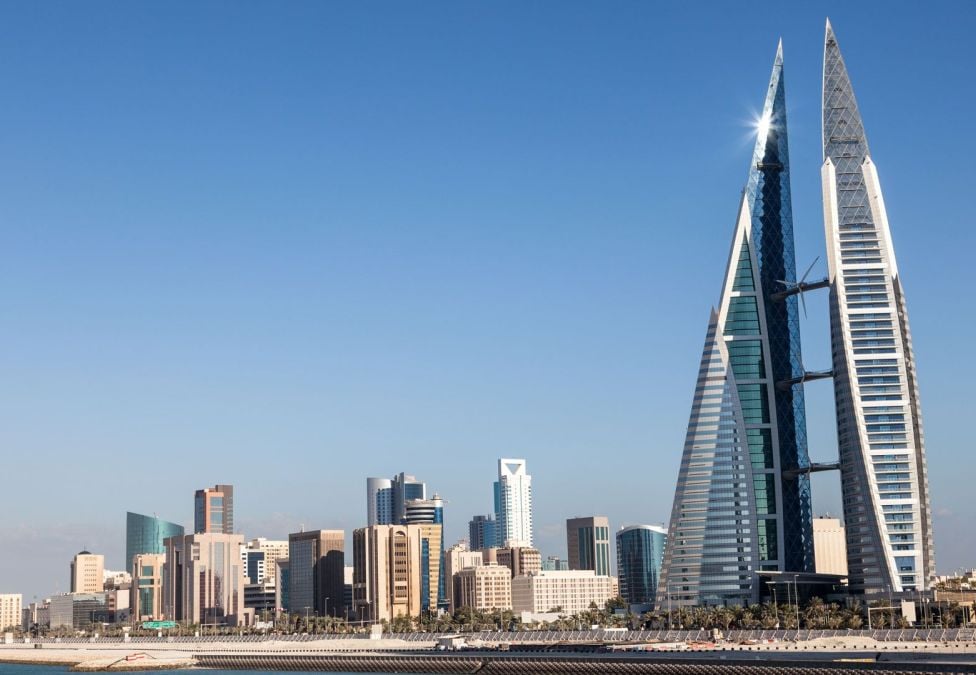Thank You for Downloading
Your download is complete—head to your Downloads folder to explore the insights.

Bahrain differentiates itself from its larger neighbors by highlighting its well-trained population and low cost of living and running a business. This report shows that these factors, combined with an innovative regulatory environment, attract a more diversified pool of foreign investors, especially venture capital and other alternative financial investors in sectors such as information and technology or tourism.
However, the recent emphasis on startups and technology brings challenges that could threaten the resilience of the new Bahraini economic model. First, most of the firms created have fewer than 10 employees, while Bahrain needs more medium-sized companies to reach their economic goals. Second, the size of Bahrain’s labor market will not be able to accommodate the increasing demand for highly skilled workers. Third, the transition to a digital economy and its new requirements can be costly for existing firms, especially the smaller ones, which are the majority.
Moving forward, these challenges could be alleviated by:
Helping micro-firms grow
Removing the remaining obstacles in hiring foreign workers in sectors where the qualified local labor supply is weak
Ensuring that wages in the private sector are competitive
Educating smaller firms on existing services that can help them transition to the digitalization of the economy
Coordinating with other Gulf Cooperation Council countries